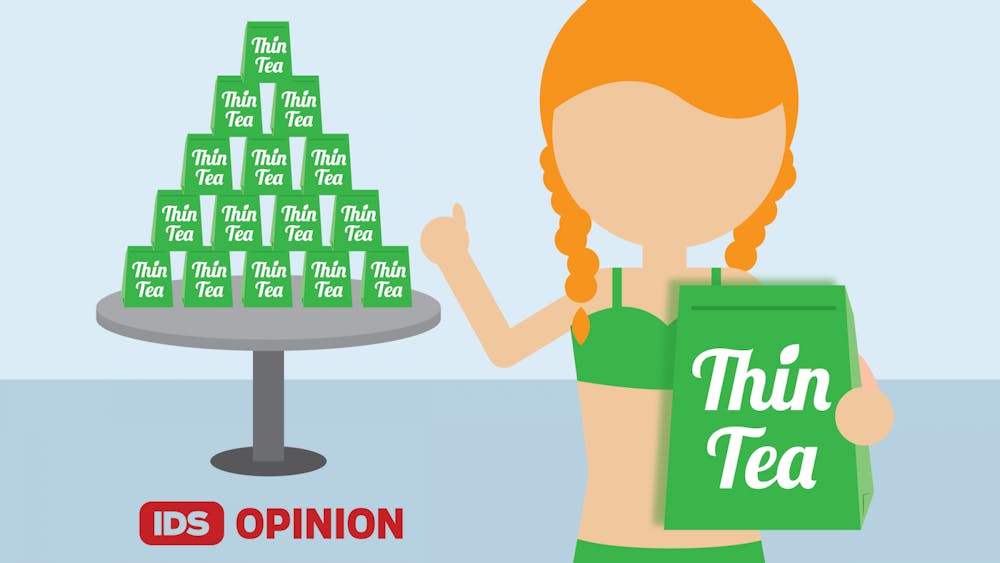Body-shaming online is nothing new, but it has entered a particularly dangerous and insidious phase due to COVID-19.
Social distancing guidelines keeping people in their homes also create spatial limitations on the amount of physical activity people can do and financial strains on the type and amount of food people have access to. Furthermore, a pandemic is a major stressor, which leads many to reach for comfort foods and have less physical and emotional energy to expend on exercise.
Regardless of the myriad of logical reasons for weight gain during this pandemic, weight loss schemes from fasting to detox teas have exploded on social media. Now more than ever, we need to be aware of how harmful those ads and products truly are.
Doctors and advocates sounded the alarm about the dangers of quick-fix weight loss products long before the pandemic. Many doctors agree such products should not be advertised without a health warning due to the potential for physical harm. Even before ingested, advertisements for such products can be a trigger for eating disorders and self-harm.
All of these consequences are compounded by our current circumstances, and some products and diets are particularly dangerous for those who are quarantined alone. Eating disorders and other mental health issues are worsened by isolation. There may be no one to call for help in the case of a medical emergency caused directly or indirectly by the toxic products many social media users, especially young women and girls, have been targeted by.
Even in the midst of a pandemic, with the worst unemployment rates since the Great Depression and countless people experiencing food insecurity, we are made to feel bad about consuming the food we are privileged to have. Of all the reasonable stressors in the world, we are asked to put self-loathing at the top of that list so that celebrities and grifters can turn a profit.
It is important to keep in mind that weight gain is not inherently unhealthy, and the idea that we need to log every workout and count every calorie comes more from a proliferation of companies and apps than from sound medical advice. Reducing workouts to calorie burn eradicates their stress-relieving and mood-boosting qualities, and reducing food to calorie intake takes the fun out of food.
As we all know, universities closed campuses for COVID-19. Many college students who overcame or improved body image and mental health issues from earlier in life are back in spaces that are difficult for them. They are returning to families that talk about their bodies and food habits in an unhealthy and unhelpful way, to a different routine or to spaces that remind them of a difficult relationship with food or with their bodies.
Those struggles and stressors are reinforced by targeted ads on Instagram telling us we need to lose weight. It is incredibly difficult to overcome constant fat-shaming from each corner of our lives, especially if we’ve gone from a healthy routine at school to less healthy habits at our permanent homes.
A step in the right direction would be to block the celebrities, companiesand friends in pyramid schemes who won’t stop promoting detox teas and diet pills on social media, which can help to keep social media feeds encouraging rather than shaming. Let’s all give ourselves some grace during this pandemic, and let’s not give money to companies that want us to hate our bodies in the midst of a global health crisis.
Kaitlyn Radde (she/her) is a rising junior studying political science. She plans to pursue a career in public interest law.






